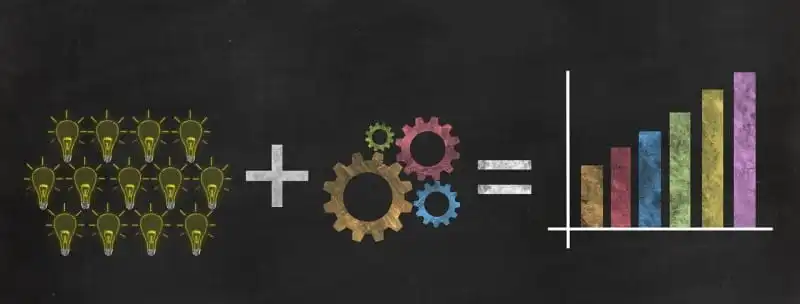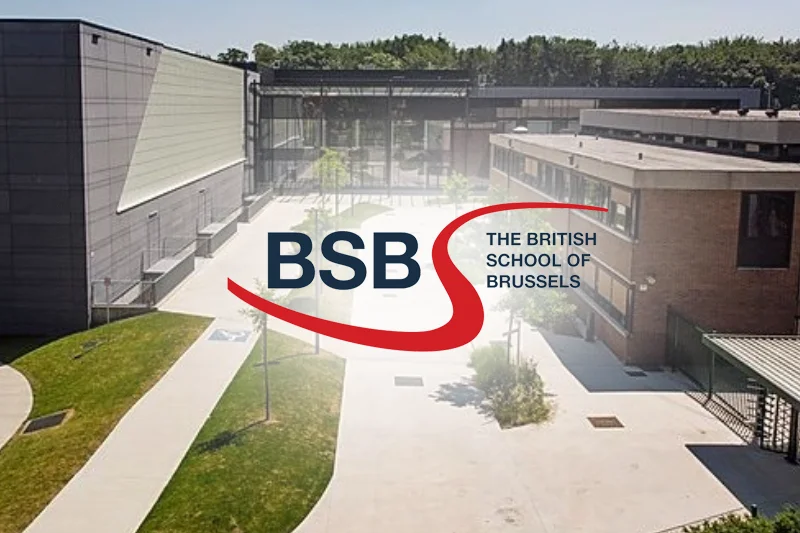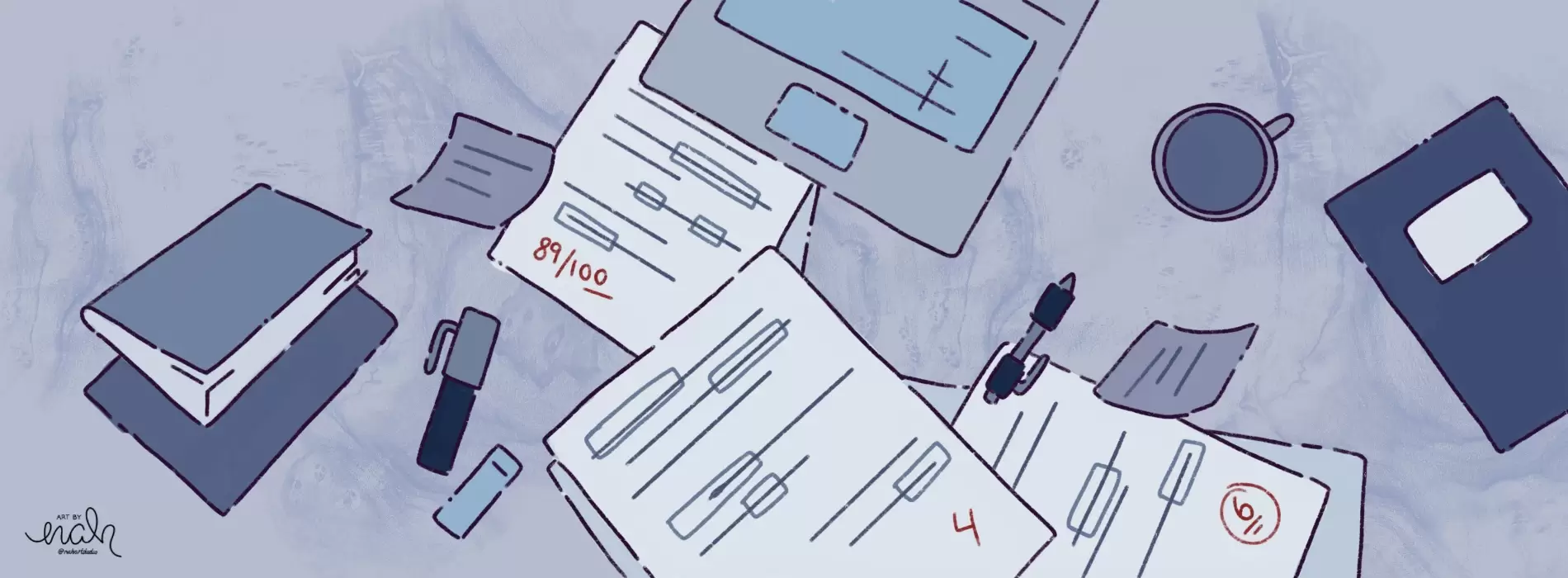Sometimes, you just want a simple solution. That golden rule that guarantees a big improvement or success. I know how it is as an IB Diploma student. You just want someone to tell you exactly how to boost your IB score. Well, today I want to share with you a tried and tested method that ensures notable results. In fact, a method that’s produced world class results including Olympic gold medals and Tour De France champions! Ever come across the concept of marginal gains? If not, read on to learn about the best way to improve your IB score!
I recently read Matthew Syed’s incredible book Black Box Thinking.  Syed examines our approaches to failure, and asks whether these approaches have an impact on our successes and abilities to innovate. He claims that if we are to grow and succeed, we must be prepared to fail and learn from our mistakes. To argue his case, Syed draws upon numerous case studies, including David Brailsford’s work with British Cycling and Team Sky. By following Brailsford’s concept of marginal gains, the British track cycling team won eight gold medals at the 2008 Olympics. They then repeated the feat at the London 2012 Olympics. So, what are marginal gains, and how can they help boost your IB score? Let’s delve further into this now…
Syed examines our approaches to failure, and asks whether these approaches have an impact on our successes and abilities to innovate. He claims that if we are to grow and succeed, we must be prepared to fail and learn from our mistakes. To argue his case, Syed draws upon numerous case studies, including David Brailsford’s work with British Cycling and Team Sky. By following Brailsford’s concept of marginal gains, the British track cycling team won eight gold medals at the 2008 Olympics. They then repeated the feat at the London 2012 Olympics. So, what are marginal gains, and how can they help boost your IB score? Let’s delve further into this now…
What are marginal gains?
According to David Brailsford, marginal gains focuses on the simple idea that
‘if you break a big goal into small parts, and then improve on each of them, you will deliver a huge increase when you put them all together.’
So, rather than having one big ‘grand strategy’ on its own, it’s about looking at the individual stages or levels and assessing what’s working and what isn’t. Making a small change to improve each of these individual levels, can produce huge positive results.

Looking at Brailsford’s work with Team Sky, they’ve ensured that their cyclists sleep on the same mattress each night to deliver a marginal gain in sleep quality. They make sure that the rooms are vacuumed before the cyclists arrive at each new hotel in order to deliver a marginal gain in reduced infection. And they make sure their clothes are washed with skin-friendly detergent to ensure a marginal gain in comfort.
Whilst it might sound exhausting and overly meticulous, it’s the collective sum of the improved component parts that amounts to a greater chance of success.
So how can I apply marginal gains to my IB studies?
With the IB Diploma being made up of six subjects, CAS, TOK, and an Extended Essay, there are numerous component parts here that can be analysed and improved upon. Even within your six subjects there will be multiple topics that can also be broken down and worked upon. Remember, in the end you will receive an overall point score (out of 45) for your IB Diploma. Even if you achieve 6/7s in your HL subjects, but only score 4s in your standards, your SL results will impact your overall score. So the idea of marginal gains is a great concept to adopt if you want to boost all of your subject scores, and aim for a high overall total!
Marginal gains in an IB context
As Brailsford describes, with marginal gains you want to break a big goal into small parts, and then improve on each of them. Let’s say your big goal is to achieve 38 points overall. To achieve this, you need to get 6s in all of your subjects, plus 2 core points. But, let’s say at the moment you are only getting 4s/5s in your subjects (I’ve been there, don’t worry!). And you haven’t even finished your first EE draft, let alone think about TOK! To ensure you improve your grades to achieve that goal of 38, you want to analyse what you could improve in each small component part. For example, at present you might only be scoring 4s in your language B tests, and you’re particularly struggling with writing in the past tense. A marginal gain here could be to create some Quizlet flashcards on this particular weak area, and test yourself twice a week (or even daily if you’re very committed!) to make an improvement. Or perhaps you’re struggling to concentrate when you study in general. Try studying with an app such as Forest, to stop you constantly getting distracted by your phone. These are just a couple of ideas as to how you could adopt the marginal gains approach with the IB!
That’s all for today’s blog, but I hope that if you’re looking to boost your IB score, the marginal gains approach will be useful! In short, break down you’re big goal, work out which areas need improvement, and then implement changes to see the results. Boom!
Check out our free IB resources here!



